Tafta sheds light on dementia, with groundbreaking report at CHOGM 2024 in Samoa
Pictured at the Commonwealth Heads of Government Meeting (CHOGM) in Samoa are (from left to right) Linda Justin (Australia), Mansur Dalal (Chair India), Jacueline Wong (Brunei), Carmel Murugen (South Africa) and Douledale Tyndale (Jamaica).
According to Alzheimer’s International, the number of people in the world living with dementia is set to treble to 139 million by 2050, sparking a global call to action.
“Several initiatives have been implemented to address the impact of the increasing prevalence of dementia on health care, social services and caregiving capacities in the future,” said Femada Shamam, Tafta CEO.
Ms Shamam was a contributor to the comprehensive report by Commonage on Dementia in the Commonwealth. Commonage is an association working to ensure that older people are supported and enabled to live well in an all age friendly Commonwealth.
International 6-person delegation to CHOGM
To further mobilise action around dementia and other challenges faced by older persons, Commonage tasked an international 6-person delegation to attend the Commonwealth Heads of Government Meeting (CHOGM) in Apia, Samoa from 21 to 26 October 2024.
The delegation provided insight to heads of government, policymakers and civil society organisations on the range of approaches and interventions currently applied across the five regions of the Commonwealth to improve the health and wellbeing of people living with dementia.
The Commonage delegate-led session at the Peoples Forum underscored the importance of:
- creativity, storytelling and inter-generational activities to foster community engagement;
- community involvement to reduce social isolation and strengthen support for family caregivers;
- the need to design dementia friendly spaces to live and enjoy; and
- the need to capacitate the workforce to meet the care needs of people with dementia and their families.
Carmel Murugen, Divisional Manager at Tafta and member of the delegation, said, “The session provided a timely opportunity for civil society to engage with Commonwealth leaders on the need to take urgent action.
“It encouraged a broader discussion around harnessing the solutions that exist across Commonwealth nations, and how these can be adapted and replicated in a culturally sensitive way to suit the different contexts and strengthen resilience in communities.”


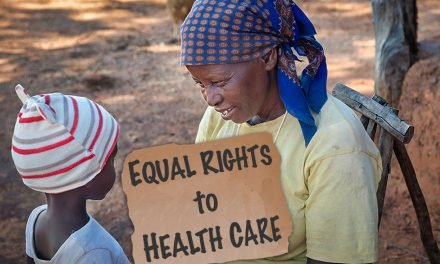
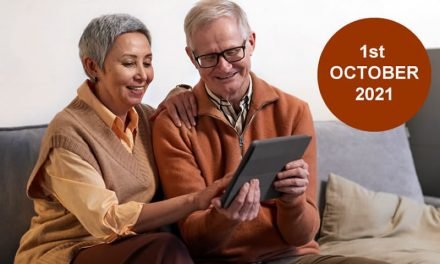
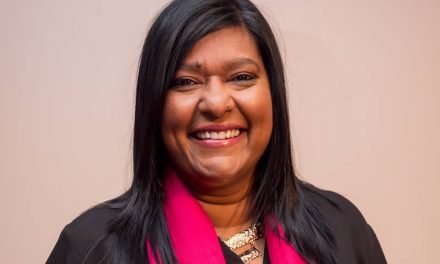
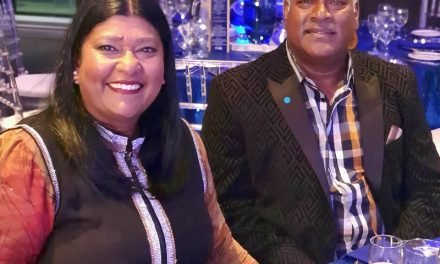
 Thriving through 2025 – a toast to life
Thriving through 2025 – a toast to life ‘Human Forever’ inspires Durban audience
‘Human Forever’ inspires Durban audience Celebrating 100 years of life with Mrs Rosemary De Waal
Celebrating 100 years of life with Mrs Rosemary De Waal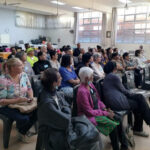 Open Days at Tafta – explore safe and supportive accommodation options.
Open Days at Tafta – explore safe and supportive accommodation options. 67 minutes for 67 years – you helped tick off 67 much-needed items
67 minutes for 67 years – you helped tick off 67 much-needed items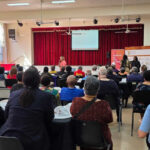 Alzheimer’s Awareness Day – breaking down the stigma
Alzheimer’s Awareness Day – breaking down the stigma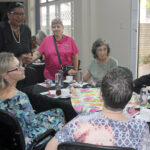 Always better to say, ‘thank you’ in person
Always better to say, ‘thank you’ in person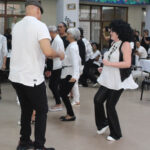 “Back in Time” with our resident volunteers!
“Back in Time” with our resident volunteers!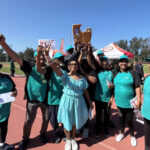 More than 200 older persons shine at Tafta sports day
More than 200 older persons shine at Tafta sports day Sixteen-year-old leads heartfelt drive to support Tafta
Sixteen-year-old leads heartfelt drive to support Tafta